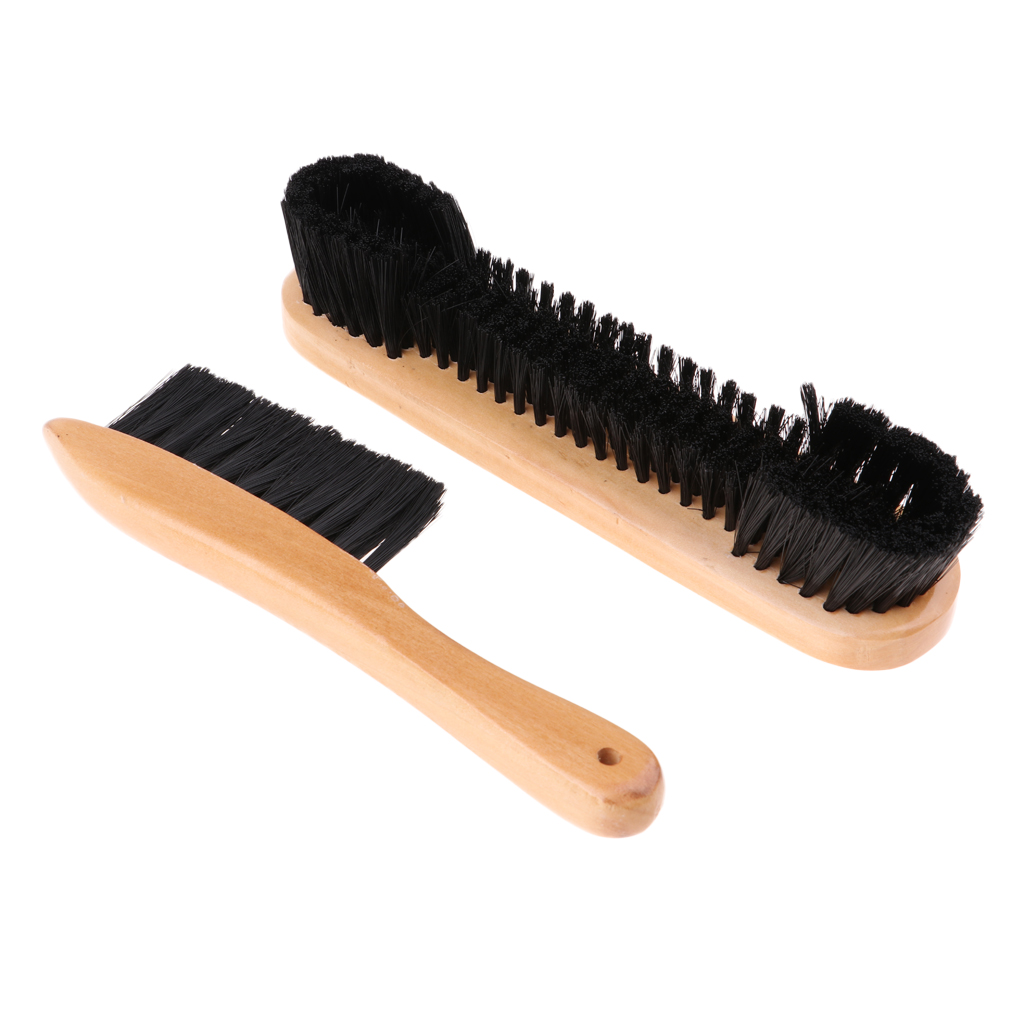Pool brush bristles falling out is a common problem that can occur due to wear and tear. The most common cause is the incorrect use of the pool brush, such as scrubbing too hard or using it on rough surfaces. In addition, improper storage or inadequate maintenance can also lead to this issue.
To prevent bristle loss, always store your pool brush in a dry location away from direct sunlight and never leave it submerged in water for extended periods of time. Additionally, inspect your pool brush regularly for signs of damage and replace if necessary. Finally, when cleaning your pool make sure you apply light pressure with the brush so as not to dislodge any bristles; using an appropriate technique will help extend its life span considerably.
If you own or manage a pool, it is important to pay close attention to the condition of your pool brush. If you notice that the bristles on your brush are falling out, this could be an indication that it is time for a replacement. Not only will worn-out brushes make cleaning take longer and result in less effective results, but they can also damage your pool’s interior surfaces if left unchecked.
Be sure to replace any old or damaged brushes with new ones as soon as possible to keep your pool clean and safe!

Credit: www.aliexpress.com
How Long Do Pool Brushes Last?
Pool brushes can last for several years when properly cared for. To maximize their lifespan, it is important to:– Clean the brush after each use;
– Store in a dry place where it cannot get wet;
– Check regularly for worn bristles and replace if necessary.
This way, you can ensure your pool brush continues to provide good cleaning results throughout its life.
How Often Should Pool Walls Be Brushed?
The walls of a pool should be brushed at least once each week. This helps to prevent the buildup of algae and other contaminants that can cause health risks. Here are some tips on how often you should brush your pool walls:
* Once per week
* After heavy rain or storms
* When water is looking cloudy or murky
It’s important to keep up with regular brushing to ensure a safe and healthy swimming environment.
What Happens If You Don’T Brush a Pool?
If you don’t brush a pool, it can cause several problems.
* Algae build-up will occur, leading to an unclean and unsafe swimming environment.
* Poor circulation of chemicals means they won’t be effective in keeping the water clean and clear.
* Unwanted debris such as leaves and twigs will settle on the bottom if not regularly removed.
Brushing is essential for maintaining a healthy pool; without it your pool could become unhealthy and unpleasant to swim in quickly.
What Pool Brush is Safe for Vinyl Liner?
A safe and effective pool brush for vinyl liner is a soft nylon or polyester brush. These brushes are designed to be gentle on the material and will not cause damage.Advantages of using a soft nylon or polyester brush:
• Will not scratch the liner
• Easily removes algae, dirt, and debris without damaging the surface
• Can reach tight spots around steps and ladders with ease
These brushes can help maintain your pool’s cleanliness without damaging its delicate vinyl lining.
Pool Brush Repair – Quick Clip Replacement
Conclusion
In conclusion, it is important to regularly inspect your pool brush for signs of wear. Paying attention to the condition of your pool brush can save you time and money in the long run by preventing debris from clogging up your filter system and ensuring that you are not wasting energy on a faulty tool. Regularly replacing worn out bristles will also ensure that dirt and grime are being effectively removed from your pool.
By taking these steps, you can maintain clean, healthy water in your pool all season long.

